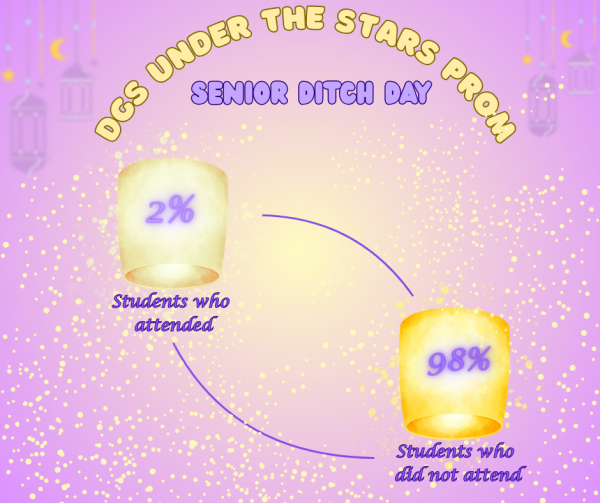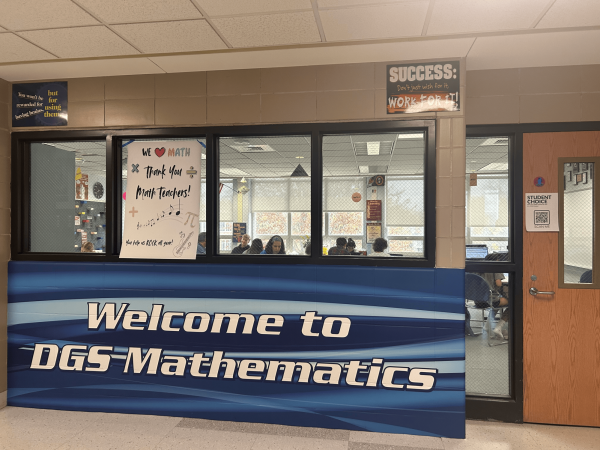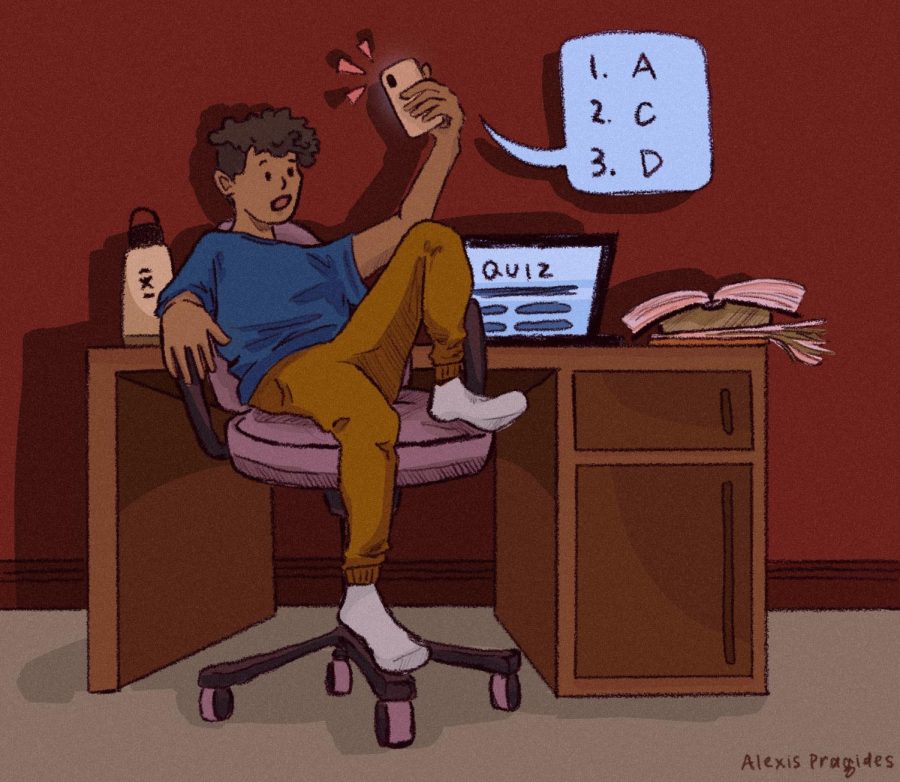Virtual learning changes traditional quizzing methods
Wolf shares some of the ways she’s concerned students can cheat on their virtual exams. “How many other screens students are using when taking a quiz, if they are texting one another during a quiz, how to manage the class during a quiz while some finish early and others are just starting,” Wolf said.
After District 99 decided to start the 2020-2021 school year in remote learning, many concerns have arisen ranging from academic dishonesty, technical difficulties and changes in the way students learn.
With the many concerns presented, some teachers have to get more creative on how they quiz virtually. Project Lead the Way teacher Scott Parker, shares some of the ways he’s been giving exams to students remotely.
“We have been able to develop different and creative ways to assess the students. I have used Mastery Manager, Google Forms, video assessments and one-on-one conversations scored with a rubric,” Parker said.
Some of the concerns about test-taking in a remote learning environment is the ability for students to cheat on their assessments. Junior Deanna Eslit explains how it takes an honest student to not cheat on a test.
“Test taking from home takes a lot of academic integrity. It’s a lot easier for people to get tempted to cheat. I think in the future it’ll show who actually learned the material or not,” Eslit said.
One of the ways teachers have been handling academic dishonesty is by making all quizzes open note. Biology teacher Jennifer Wolf explains how letting her students use their notes on an exam could end up benefiting them long term.
“Open note assessments are difficult as it forces students to understand content differently and also includes an element of time management. It could be a really good tool for students to learn how to use their notes differently. [Also they can] engage in meaningful dialogue between students, teachers and parents as to how to strengthen study skills and improve note taking skills,” Wolf said.
While Wolf points out how students can benefit through note-taking, some students, like senior Nolan Witt, think that open note quizzes may lead to students struggling to retain information.
“I think the effect quizzes and tests are having on learning is actually pretty negative. Because students have the option to use their notes and materials during the tests or quizzes they are doing less actual learning in class and more regurgitating information they had written down. It’s not being committed to memory,” Witt said.
Another way remote learning has shifted how quizzes are given is through technical difficulties. Eslit shares how she finds it harder to take a quiz virtually because of technical glitches.
“I think for me it’s definitely harder in remote learning because of all the technical difficulties. It’s very inconvenient when you have problems with your internet connection,” Eslit said.
With the release of the new hybrid plan projected to start the week of Oct. 19, quizzing procedures potentially could go back to how they were before COVID-19 started. Parker shares his enthusiasm for the chance to return to in person learning again.
“ I can not wait to be back in the building with the students running labs and interacting with them on a daily basis,” Parker said.
Current struggles with virtual test-taking may no longer be a concern as DGS shifts back into the physical classroom. The new hybrid plan allows students to be in school for two half-days during the week. This could mean assessments being given to students who choose to go back to in-person learning, but students choosing to stay virtual may continue to struggle with virtual exams.




